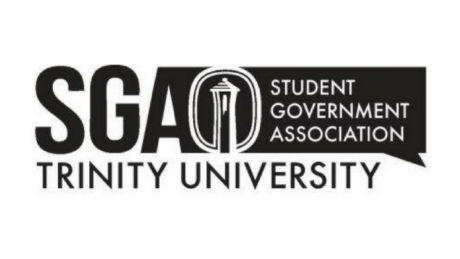The following covers the meeting on Jan. 23.
CLIMATE CHECK
Judicial chair Julia Jameson, junior, pointed out the bad smell on the first floor of Coates Student Center. Adviser Jamie Thompson explained that an office had flooded and that the building has had a strange odor since she was a student. Thompson said that the smell is perhaps due to the dumpsters outside.
Senator Taylor Volzer, junior, asked how the senators could continue SGA initiatives from last year’s cohort, such as the menstrual products initiative and the affordable textbooks initiatives. President Ty Tinker, junior, said that he would work on finding the applicable information.
Senator Ben Falcon, first-year, asked if there is anything that SGA can do to address an incident where some of his friends had been trapped in an elevator in the Dicke-Smith Building for around 15 minutes.
PROTEST POLICIES AND FREE SPEECH
Adviser Thompson and Adviser David Tuttle solicited SGA for feedback on protest policy guidelines that the Office of Student Involvement is in the process of drafting. They will also be speaking to other interested parties, such as Young Conservatives of Texas and Trinity Progressives. Thompson explained five aspects of the potential protest policy — registration, location, duration, restrictions on items or activities and disbursement — that SGA members should think about before returning to Thompson and Tuttle with their feedback.
On registration, Thompson explained that requiring groups to register a protest or demonstration in advance would allow the university to make appropriate logistical and security arrangements, such as having enough TUPD officers on shift. As a counterargument, Tuttle explained that this would mean that sudden events would not be immediately protestable. Senator Volzer inquired as to who would be in charge of administrating the registration process and if there would be a vetting process. Tuttle said this is something that they would need to consider.
On location, Thompson explained that the current policy is that protests should not disrupt university business, such as class. President Tinker pointed out that restricting location would be an issue if the demonstration was no longer effective (demonstrating in front of Coates and in the way of access to food could attract more attention than demonstrating on the soccer field, for example). Tuttle pointed out that demonstrations could prevent a student from getting to a counseling appointment, for example, so there would need to be a clear definition of where university business is disrupted.
Due to time restraints, the last three aspects were not addressed in much detail. On restrictions on items or activities, Thompson explained that other universities do not allow signs with sticks or megaphones because they could be used as weapons. On disbursement, Thompson inquired when it would be justified to remove people from the demonstration.
Tuttle explained that the next steps for senators would be to talk to their friends and amongst themselves about their opinions on how the five aspects should be handled.
FUNDING GUIDELINES
Vice president Kenneth Clouston, junior, went over the process for funding registered student organizations money from the student activity fee. Clouston had emailed the student body earlier that day with information on how to apply for funding. The senate will hear funding requests of more that $1,500 on Feb. 6 and March 27, while the finance committee will hear requests of up to $1,500 on the first and third Thursday of each month.
OFFICER REPORTS
President Tinker asked the senate for feedback on his plan for a president’s newsletter consisting of three highlights from events on campus. Tinker hopes to decrease the number of students that block or immediately delete emails from SGA. Senators suggested that he pursue a blog with a newsletter that people can opt into, an Instagram account or writing a column for the Trinitonian.







